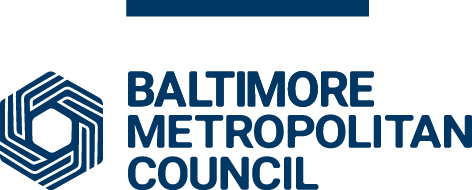CFG Pres -Dec 20, 2023 - Anne Arundel Holding Capacity Methodology
Document Category
Document - Related Committee
Document Title
Cooperative Forecasting Group Presentation - Dec 20, 2023 - Anne Arundel Holding Capacity Methodology
Document Type
BRTB Pres - Jan 23, 2024 - US 50 Functional Class
Document Category
Document - Related Committee
Document Title
BRTB Pres - Jan 23, 2024 - US 50 Functional Class
Document Type
BRTB Pres - Jan 23, 2024 - Public Involvement Report
Document Category
Document - Related Committee
Document Title
BRTB Pres - Jan 23, 2024 - Public Involvement Report
Document Type
BRTB Pres - Jan 23, 2024 -Safety Performance Targets
Document Category
Document - Related Committee
Document Title
BRTB Pres - Jan 23, 2024 - Safety Performance Targets
Document Type
BRTB Pres - Jan 23, 2024 - Critical Urban Freight Corridors
Document Category
Document - Related Committee
Document Title
BRTB Pres - Jan 23, 2024 - Critical Urban Freight Corridors
Document Type
BRTB Pres - Jan 23, 2024 - Baltimore Region Transit Comm
Document Category
Document - Related Committee
Document Title
BRTB Pres - Jan 23, 2024 - 2020 Urban Area Boundary
Document Type
BRTB Pres - Jan 23, 2024 - 2020 Urban Area Boundary
Document Category
Document - Related Committee
Document Title
BRTB Pres - Jan 23, 2024 - 2020 Urban Area Boundary
Document Type
BRTB Resolution #24-14
Document Category
Document - Related Committee
Files
Document Title
BRTB Resolution #24-14
Document Type
ICG Agenda - Feb 7, 2024
Document Category
Document - Related Committee
Files
Document Title
Interagency Consultation Group Agenda - Feb 7, 2024
Document Type
ICG Pres - Jan 3, 2024 - Advanced Clean Trucks
Document Category
Document - Related Committee
Document Title
Interagency Consultation Group Presentation - Jan 3, 2024 - Advanced Clean Trucks
Document Type
